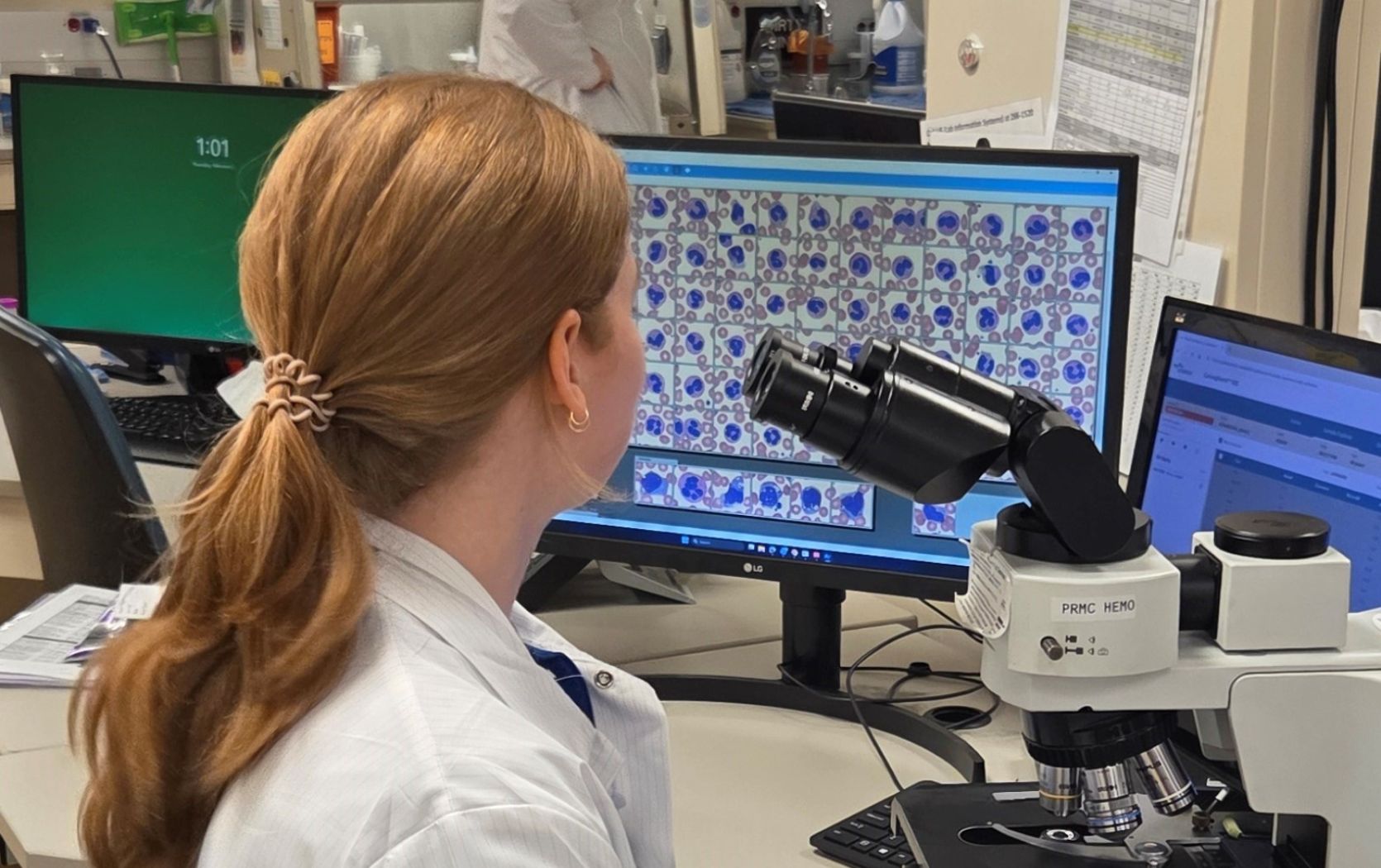
If you work night shift or rotating shifts, you may have noticed that it’s hard to get enough restful sleep for your body to function at its optimal level. While some people have no problem getting enough restful sleep during the day and can adjust well to working at night, others struggle with a condition called shift work sleep disorder that makes this difficult.
What is shift work sleep disorder?
Shift work sleep disorder refers to a problem with your body’s 24-hour internal clock or circadian rhythm. Light is a cue for your body to be awake, while dark tells your body to sleep. When you work at night and sleep during the day, your body’s internal clock needs to reset to let you sleep when it’s light out. If someone finds this hard to do, it can result in a shift work sleep disorder diagnosis.
What problems does this sleep disorder cause?
Shift work sleep disorder can make getting an adequate amount of restful sleep difficult. You may not be able to fall asleep during the day and/or you may not feel rested with the sleep you do get. Many people have trouble sleeping once in a while, especially if they are getting used to a new work shift, while others may have consistent sleep issues. The two main symptoms of shift work sleep disorder are:
- Insomnia – trouble falling or staying asleep
- Hypersomnia – feeling excessively tired when you should be awake
Because your body is not getting the sleep it needs, shift work sleep disorder can increase stress and make you more likely to get sick. It can also lead to trouble concentrating at work, poor job performance and an increased chance of car accidents and on-the-job accidents. Not getting enough sleep long term can even increase your risk of heart disease, obesity, gastrointestinal issues and more.
Who does it affect?
This sleep disorder is usually a problem for people who work at night and are off during the day. People who work an early morning shift — for example, starting at 4 a.m. — may also have sleep problems, as well as those who are on a rotating shift and work some days and some nights.
How is shift work sleep disorder diagnosed?
If your provider thinks you may have a sleep disorder, he or she will ask questions about your work hours, when you sleep, how much you sleep and how you feel when you wake up. He or she will also encourage you to use a sleep journal to keep track of your sleep habits for a week or two. By writing down information about the hours you slept and how rested you were when you woke up, your provider will be able to get a better picture of your sleep.
Additionally, sleep studies could help your provider find out why you’re not sleeping well. These tests can be conducted in a sleep lab or at home, and will allow you to be monitored throughout the night.
If your provider thinks you have shift work sleep disorder, you might have a test done called an actigraphy. For this test, you wear an activity tracker on your wrist that measures your movement during the day and at night to help your provider learn when you are awake and when you are asleep.
What are the treatments?
If you’re diagnosed with shift work sleep disorder, there are a number of things you can do to help mitigate your symptoms, including making changes to your work or sleep routines, bright light therapy, melatonin supplements, sleep medications and more. Your healthcare provider can help you decide on the steps or treatment plan that’s right for you.
If you work a nontraditional shift and are having trouble sleeping or staying alert when you are supposed to be awake, be sure to talk with your healthcare provider.
Copyrighted material adapted with permission from Healthwise, Incorporated. This information does not replace the advice of a doctor.




